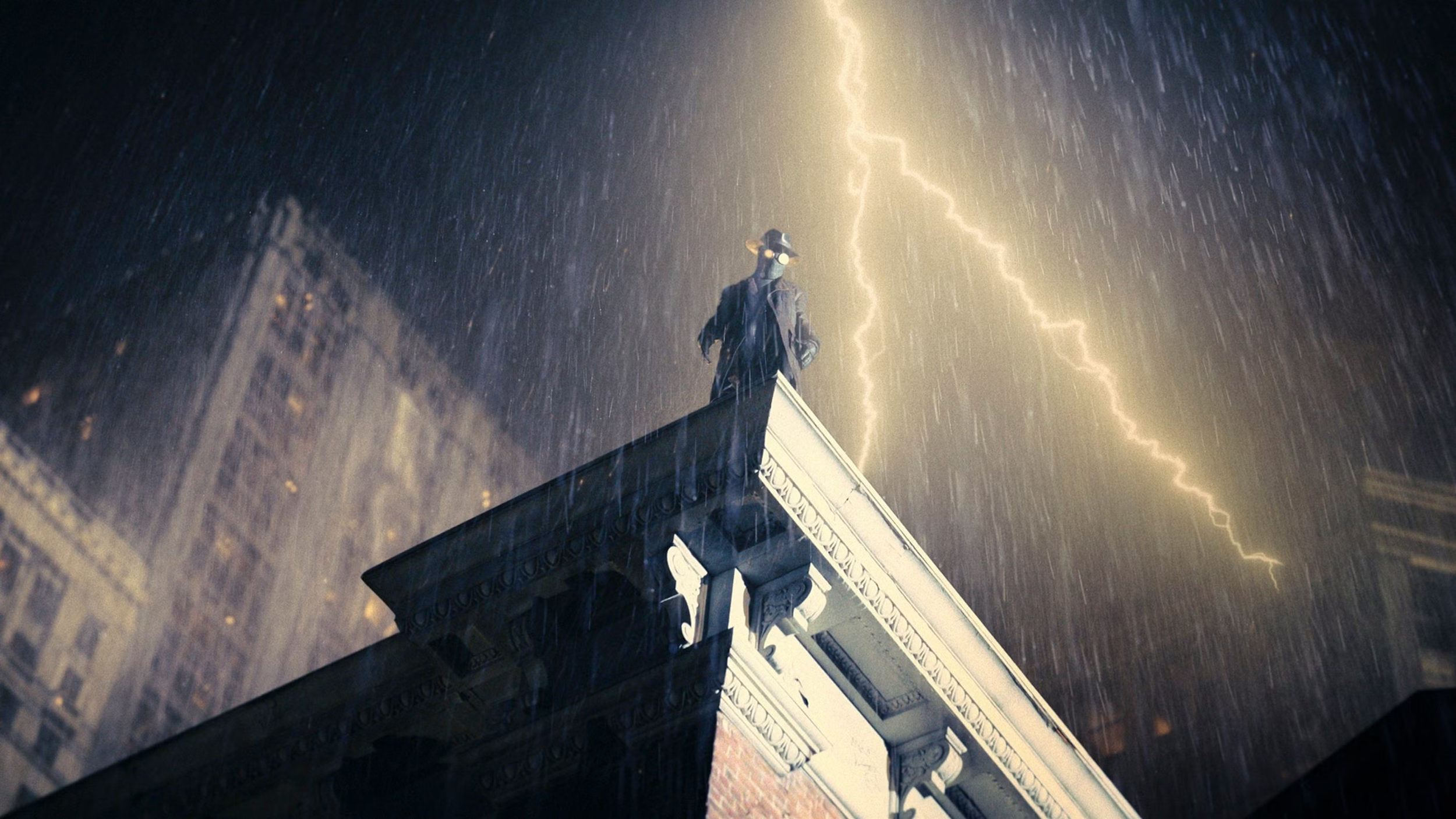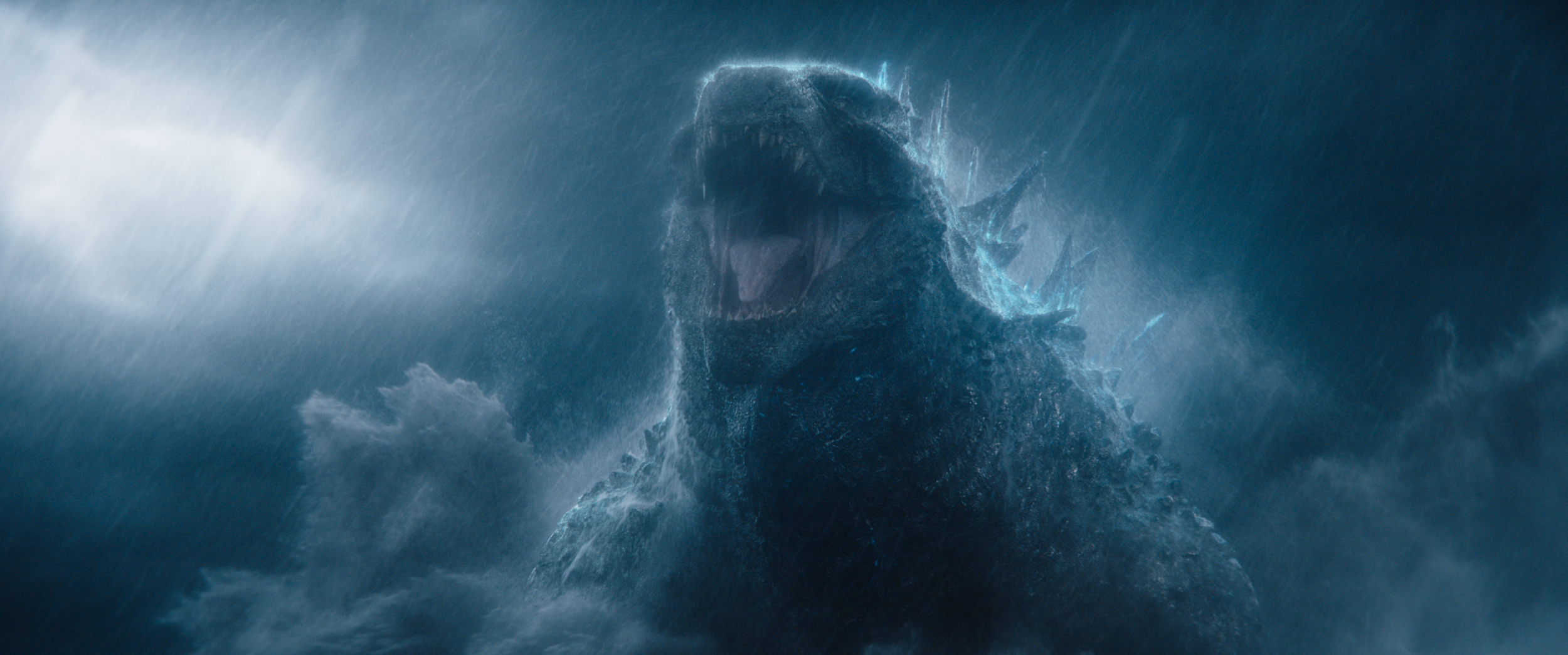Alien: Earth Just Delivered Classic Alien—With its Own Twist
The latest hour of FX’s Alien: Earth hits the franchise’s sweet spot: cramped corridors, mounting dread, and the steady realization that human error is as lethal as any creature. Framed as a flashback “mini-movie,” the episode—titled “In Space, No One…”—rewinds to the USCSS Maginot to explain how sabotage and panic sent that ship on a fatal trajectory, tightening the season’s larger mystery while steeping viewers in pure space-horror craft.
Structurally, it’s a smart pivot. By jumping back in time and locking the camera inside a single doomed vessel, the show restores the franchise’s claustrophobia: airlocks double as traps, med bays turn into abattoirs, and every hiss from the ductwork reads like a countdown. Creator/director Noah Hawley embraces the series’ industrial textures and analog nerviness, but he’s not simply reenacting 1979. The episode drip-feeds crucial context—who steered the Maginot toward catastrophe, what cargo mattered more than lives, and why today’s survivors can’t agree on whom to trust—so the present-day Earth storyline feels sharper, not stalled.
That splintering of trust is the hour’s engine. The script sets competing agendas rubbing together until they spark: corporate directives, covert sabotage, and triage decisions that pit crew against crew. Even the “rational” choices carry a body count, which is very Alien: people don’t simply die; systems fail, loyalties buckle, and morality gets negotiated in real time. The episode’s moral center—Morrow, a cyborg officer who has seen too much—emerges not as a savior, but as a witness left to catalog the cost.
Then come the creatures. Yes, the xenomorph still owns the room—but Alien: Earth dares to share the frame. The Maginot isn’t just overrun; it’s ecologically compromised, crawling with new horrors that feel purpose-built to exploit tight spaces. Among them: blood-draining “ticks” and a revolting entity nicknamed “the Eye,” both deployed with a puckish mean streak that keeps the terror inventive without tipping into parody. It’s a genuine franchise swerve: giving fresh monsters meaningful screen time—and real lethality—without diminishing the icon that started it all.
What makes the episode sing is how respectfully it raids the altar. The sets privilege practical texture and geography; the blocking trusts silence and negative space; the edits let suspense breathe. But the hour also slips in oddball, Hawley-esque grace notes and pitch-black humor—the kind of left turns that keep veteran fans off balance. The result plays like a love letter that refuses to be pastiche: an homage built from rhythm and restraint rather than winks.
Importantly, the detour isn’t disposable. By the end, we understand the chain of mistakes, malice, and corporate calculus that weaponized the Maginot and bled it dry—and why the present-day characters on Earth will struggle to align when the truth surfaces.
If Alien: Earth has occasionally felt like two shows vying for dominance—the boardroom chess match on the ground and the creature feature in the void—this hour fuses them. It also restores the franchise’s classic pressure cooker while proving the series can expand its bestiary and its ethics without breaking tone. Overall, in this episode, Alien: Earth essentially remembers what made Alien terrifying—and then molds it into something distinctly different.
Alien: Earth is currently airing on FX and can be streamed via Hulu and Disney+.








